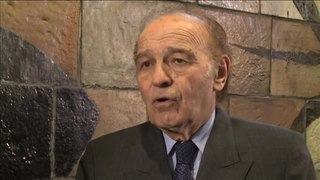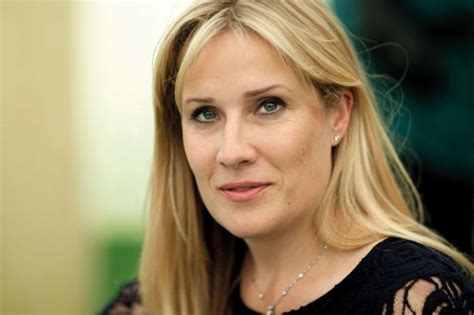A Quote by Albert Camus
Art, at least, teaches us that man cannot be explained by history alone and that he also finds a reason for his existence in the order of nature.
Related Quotes
Secondly, man sins against nature when he goes against his generic nature, that is to say, his animal nature. Now, it is evident that, in accord with natural order, the union of the sexes among animals is ordered towards conception. From this it follows that every sexual intercourse that cannot lead to conception is opposed to man's animal nature.
People take it for granted that the physical world is both ordered and intelligible. The underlying order in nature - the laws of physics - are simply accepted as given, as brute facts. Nobody asks where they came from; at least not in polite company. However, even the most atheistic scientist accepts as an act of faith that the universe is not absurd, that there is a rational basis to physical existence manifested as law-like order in nature that is at least partly comprehensible to us. So science can proceed only if the scientist adopts an essentially theological worldview.
In the story of the good Samaritan, Jesus not only teaches us to help people in need; more deeply, he teaches us that we cannot identify who “has it”, who is “in” with God, who is “blessed”, by looking at exteriors of any sort. That is a matter of the heart. There alone the kingdom of the heavens and human kingdoms great and small are knit together. Draw any cultural or social line you wish, and God will find his way beyond it.
Just as man's physical existence was liberated when he grasped that 'nature, to be commanded, must be obeyed', so his consciousness will be liberated when grasps that nature, to be apprehended, must be obeyed - that the rules of cognition must be derived from the nature of existence and the nature, the identity, of his cognitive faculty.
[Erwin Rommel] explained why in short words, what the two generals' message and then he explained his position and he gave some reason for his position. And then he said, "The ten minutes are over, and I have to leave now." Then my father said goodbye. He also told that us that in I think twenty or thirty minutes, I don't remember, "You will get a telephone call telling you that I have died of stroke."









































